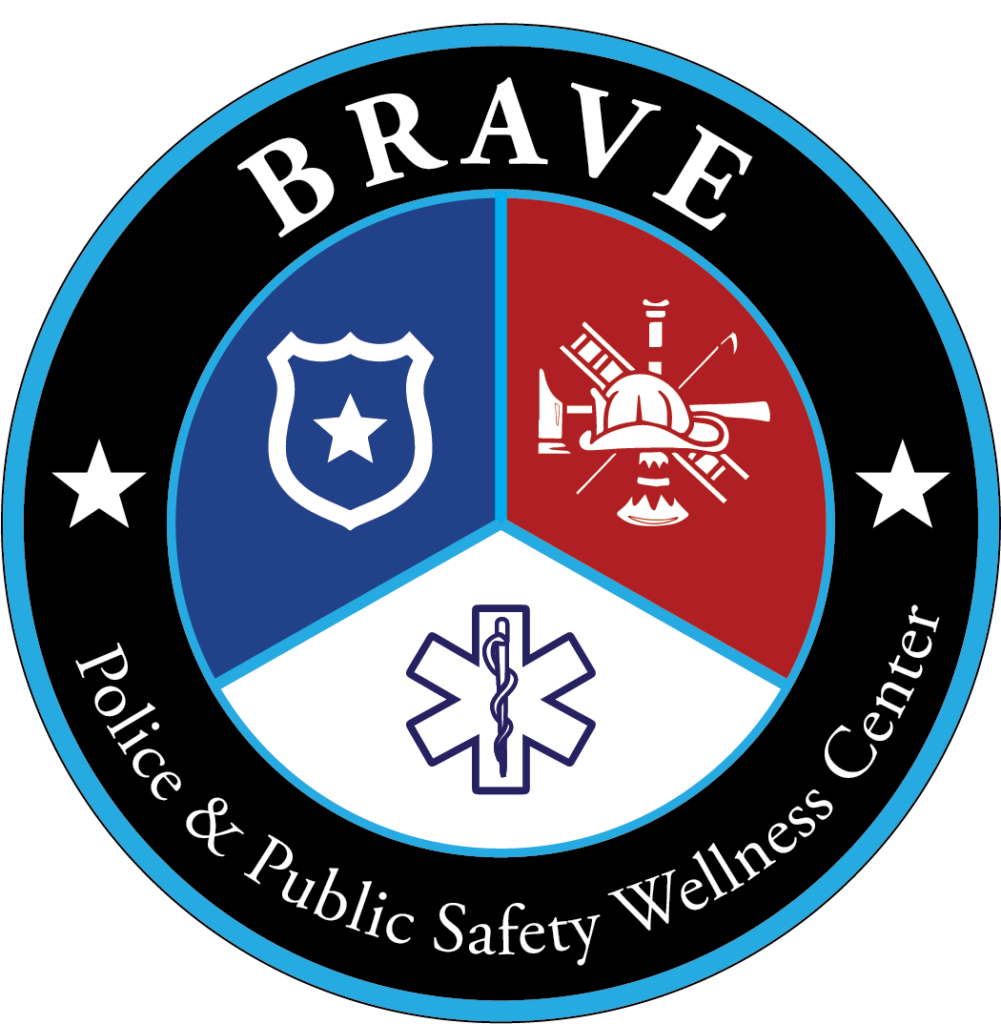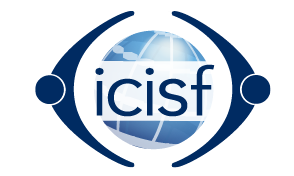Chicago Location: 6323 N Avondale Ave #111, Chicago, IL 60631
Chicago Location: 6323 N Avondale Ave #111, Chicago, IL 60631


Our wellness center offers various services specifically tailored to the unique needs of first responders.
Eye Movement Desensitization and Reprocessing (E.M.D.R.) therapy is a highly effective psychotherapy treatment method proven to help people recover from trauma and other distressing life experiences, including PTSD, anxiety, depression, and panic disorders. Rather than focusing on changing the emotions, thoughts, or behaviors resulting from the distressing issue, EMDR allows the brain to resume its natural healing process by resolving unprocessed traumatic memories in the brain.

Stress responses are part of our natural fight, flight, or freeze instincts. The brain’s information processing system will naturally move toward mental health. But if the system is blocked or imbalanced by the impact of a traumatic event, the emotional wound will persist and cause intense suffering in the individual. EMDR therapy helps the brain process these memories, allowing normal healing to resume. The experience is still remembered, but the fight, flight, or freeze response from the traumatic event is resolved. This process involves communication between the amygdala (the alarm signal for stressful events), the hippocampus (which stores memories about safety and danger), and the prefrontal cortex (which analyzes and controls behavior and emotion).
During EMDR therapy, the individual addresses emotionally disturbing material in brief sequential doses while simultaneously focusing on an external stimulus. Therapist directed lateral eye movements are the most commonly used external stimulus, but a variety of other stimuli (including hand-tapping and audio stimulation) can be used as well. hypothesizes that EMDR therapy facilitates the accessing of the traumatic memory network, so that information processing is enhanced, with new associations forged between the traumatic memory and more adaptive memories or information. These new associations can lead to complete information processing, new learning, elimination of emotional distress, and development of cognitive insight
EMDR therapy uses a structured approach that includes 8 ‘phases’:
Processing of a specific memory is generally completed within one to three sessions. EMDR therapy differs from other trauma-focused treatments such that it does not involve extended exposure to the distressing memory, detailed descriptions of the trauma, or ‘homework assignments’.
EMDR therapy has been recognized as an effective treatment for trauma by such organizations as the American Psychiatric Association, the American Psychological Association, the International Society for Traumatic Stress Studies, the Substance Abuse and Mental Health Services Administration, the U.S. Department of Veterans Affairs, and the World Health Organization, among others.








Dr. Robin B. Kroll
Psy.D, ABPP, BCIA Licensed Clinical Psychologist-License No.071007698
Board Certified Police and Public Safety Psychologist #7999
© 2023 Dr Robin Kroll. All rights reserved. Privacy Policy | HIPAA Guidelines